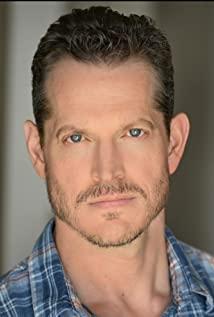Cut to the chase. Although the plot of this movie is cliché, it also reflects a lot of emotional problems that will be encountered in reality. I saw a little optimism from Maggie played by Anna. She knew that she was seriously ill and had no cure. She wanted to experience life well before she became seriously ill. I thought she was just taking Jammie as a friend, but she developed a love song. Jammie knew about Maggie's illness from the beginning to the end. At the beginning, he didn't care very much and didn't care about his attitude, because he didn't love Maggie that much. The confession of "I love you" was also very funny, but it didn't feel so sincere.
Until the two went to Chicago, Jack learned from others that Parkinson's disease was an incurable disease, and it would get worse and worse, and eventually he would lose his ability to take care of himself. Jack had mixed feelings. At this time, Maggie attended a medical conference, which was full of Parkinson's patients. They seemed to be no different from normal people when they were talking and laughing on stage. Maggie sat under the stage and laughed, with tears in her eyes. Jack started frantically helping Maggie to heal, and finally Maggie said, you are not afraid that I can't stand it, but you can't stand it yourself. Jack fell silent and left silently as Maggie said.
I think it's clear from this that Jack doesn't love Maggie that much, but doesn't blame him either. How many men can bear that their girlfriend is seriously ill? And finally have to help her take care of life? Real love is always too realistic, and movie love is always too unreal. Jack saw the DV filmed in the past, and Maggie said in it, I am very happy at this moment. Maybe this feeling will not happen again in the future, or it will happen a thousand times, it is the same for me. Because at this moment, I am very happy. Because of such a sentence, he decided to go back to find Maggie and stay with her. It's really unrealistic. It can be seen that Maggie is a woman with strong self-esteem. She asked Jack to leave because she didn't want to drag him down, and secondly, she didn't want him to sympathize with herself. I don't like the role of Jack very much. In the end, although he went back to find her, who can tell whether it was out of sympathy out of responsibility or out of love?
Parkinson's is a great psychology of love. Maybe we can find the perfect love, but we can't find the perfect lover. How to reach the highest level of love depends on our own exploration.
View more about Love & Other Drugs reviews











